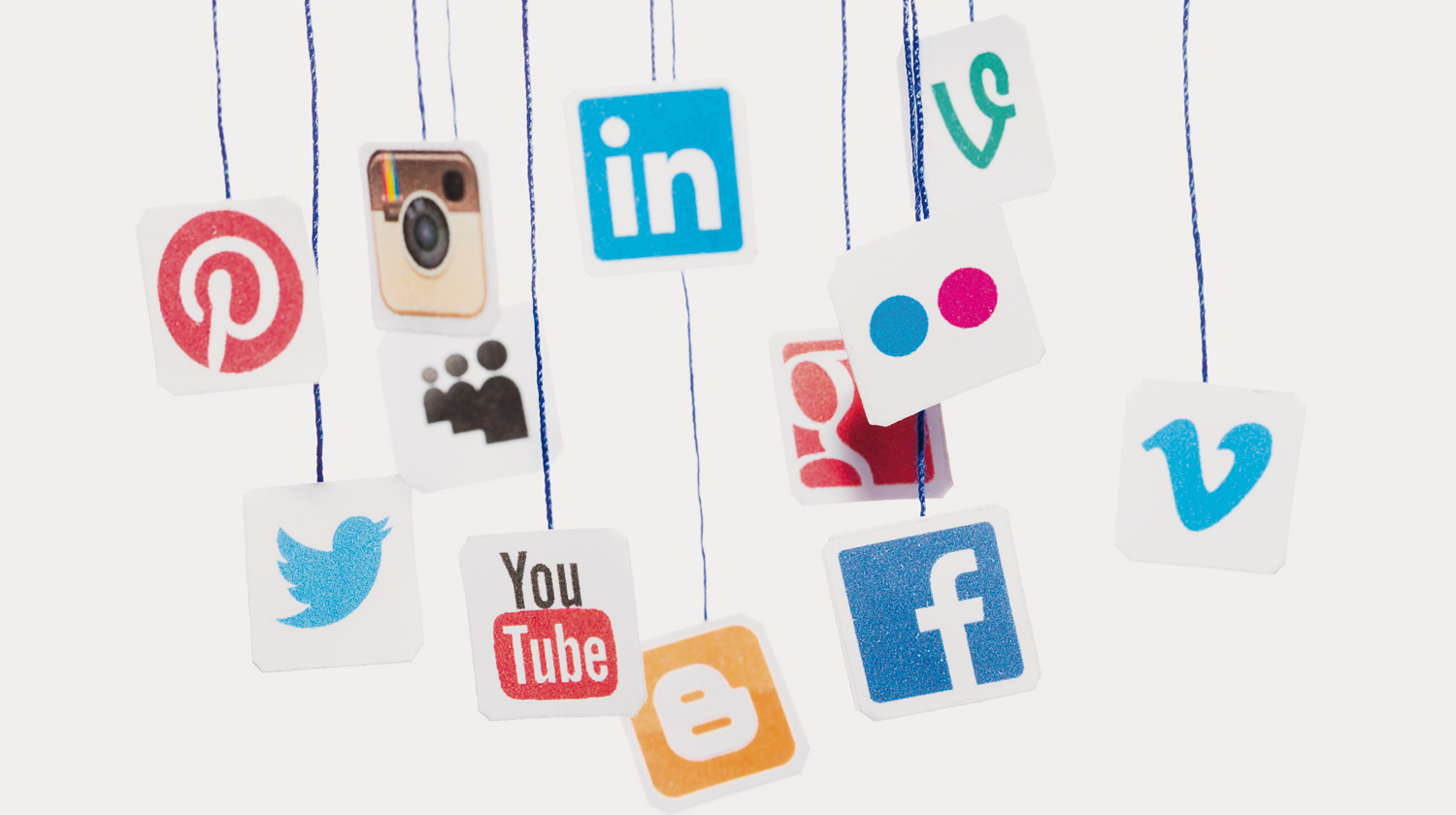

Social media influencer marketing is rapidly growing. With the deterioration of more traditional advertising channels, companies use influencers to market their products. Many brands, especially in fashion, entertainment, travel and tech, have seen huge sales gains through influencers.
But doubts are raised on the credibility of some influencers for peddling unethical and unsafe products. This may spoil the tribe of genuine social media influencers who ply their trade by rules.
Many people, especially women, face trouble after using unsafe products that were promoted by fashionistas. It’s becoming increasingly difficult for the average social media user to determine when a post showcasing a particular fashion item or other product is genuine or sponsored.
A woman used to mix a number of bleaching products together and sell it online. She approached one of the social media celebrities to help her market the product and she even got more customers. The product was unsafe as the girls using her product were exposed to skin cancer risks.
Apart from the negative impact on consumers, influencers should be educated enough to refuse or accept ads depending on the type of the product. It is a part of their social responsibility to put the community interest before their own.
“The online shopping and social media advertisements are controlled by three authorities in the Sultanate. Each of them has a special role. The Ministry of Information focuses on the content of info and the expression of freedom regulations. The Ministry of Regional Municipalities and Water Resources and the Ministry of Commerce and Industry focus on the products.
Setting regulations on influencers will require the cooperation of many authorities which is being studied for a while now,” an official from the Ministry of Commerce and Industry commented.
Luckily, most of the Omani youth are aware of the downsides. Mohammed al Nofli, an Omani influencer, says, “I avoid any promotional ads for any health products, like slimming or whitening products. To be honest, I don’t have the time to search for the background of the product, licensed or not, so I just say no. I promote for communication companies, banks, restaurants and some SMEs. I have to remain in the safe side. I don’t wish to harm people with any irresponsible promotional campaign.”
It might be out of the interest of the different networks to regulate these influencers because if we like it or not, celebrities are some of the most important users of a network. They make headlines, bring in their massive fan base and help the network generate revenue by making it an even more attractive place for brands to advertise.
Bothaina al Zaabi, founder of Oman Careers, says that she never accepts to promote for any health products that might harm users. Her first priority is to promote for jobs in the Sultanate. Aside from that, she accepts other ads that she believes they won’t constitute any harm to her followers. Once, the Ministry of Manpower contacted me regarding a post for an unlicensed institute. Then I decided to be careful to check the background of the advertiser.
Abdullah, a journalist, says influencers are annoying. “They speak about all topics even though they have zero knowledge on the issue.” He says as a first step, networks, parents, schools and health authorities should work together to create awareness about social media. We need to give people the tools to make judgements for themselves. Then the competent sectors should be involved to set guidelines for influencers.
Oman Observer is now on the WhatsApp channel. Click here



